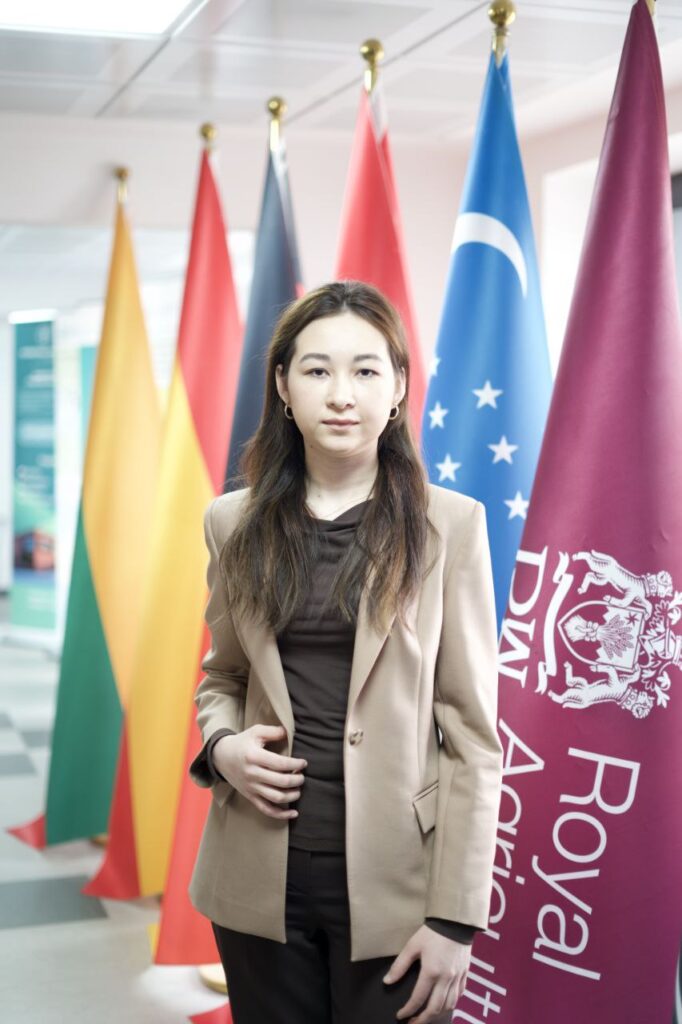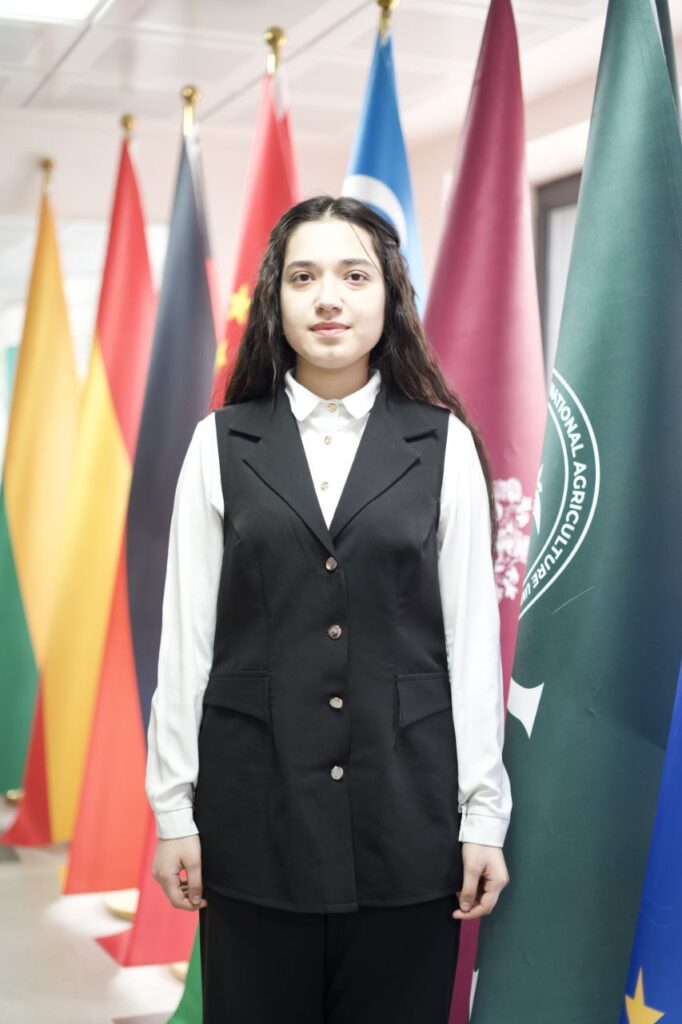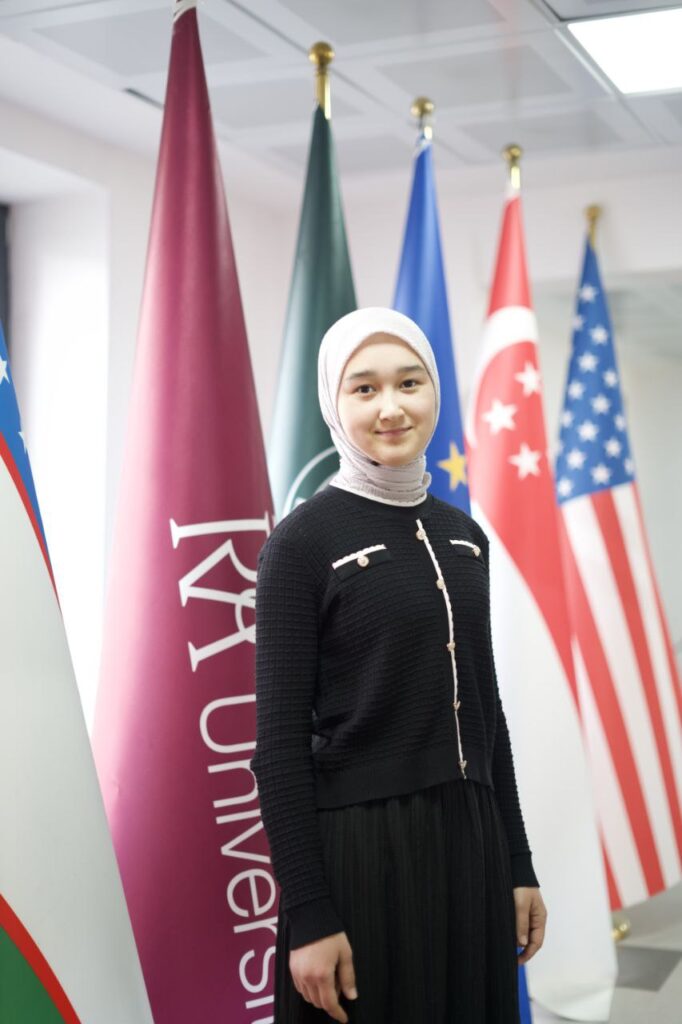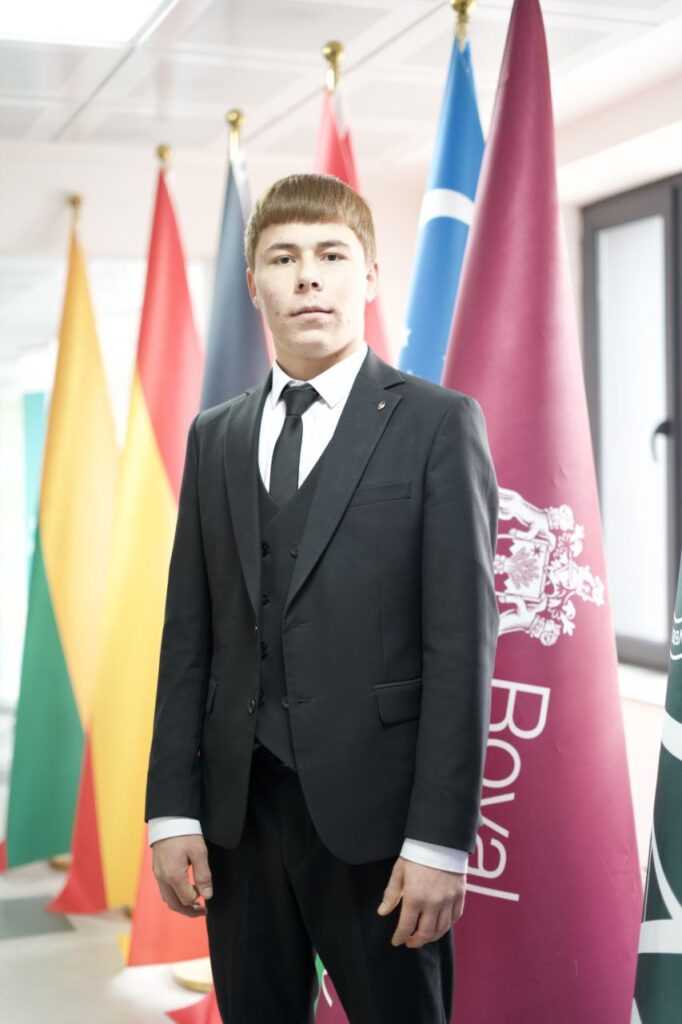AGRI INNOVATIONS CENTER
OBJECTIVES, KEY FUNCTIONS, AND ACTIVITIES OF THE CENTER
The Primary Objective of the Center
The Center supports students specializing in agriculture, academic instructors, and experts in establishing startups, commercializing business ideas, and navigating the incubation process. Additionally, it collaborates with both domestic and international partners on projects related to agriculture and its associated fields.
Areas of Focus:
- International Cooperation: Establishing connections with leading foreign enterprises, initiating scientific research, and developing startup projects involving students, professors, and specialists.
- Startup and Entrepreneurship Programs: Developing specialized short-term programs in fields such as smart agriculture, agronomy, biotechnology, agro-economics, livestock farming, food security, and agrologistics.
- Comprehensive Advisory Services: Providing young entrepreneurs with legal and managerial consultations.
- Networking and Training: Creating networks to expand businesses in smart agriculture and other sectors, along with designing training programs.
- Seminars and Events: Organizing competitions, training sessions, and seminars in areas like smart agriculture, agronomy, and biotechnology.
- Investor Relations: Establishing a system to identify and connect young entrepreneurs with potential investors.
- Best Practices and Guidelines: Developing and implementing startup projects in line with international and national standards.
- Remote Collaboration: Conducting online training and meetings using information and communication technologies.
- Legislative Development: Studying advanced foreign practices and proposing improvements to sector-related legislation.
- Foreign Education and Entrepreneurship Partnerships: Implementing joint programs with leading international educational institutions and enterprises for startup creation and commercialization.
Operations of the Center:
- Organizing incubation and acceleration processes for advanced agricultural startups.
- Expanding international cooperation opportunities for young entrepreneurs and startups.
- Developing and implementing modern agricultural technologies.
- Supporting scientific research and innovative projects.
The Center is dedicated to introducing innovations in smart agriculture and related fields, developing startups that meet international standards, and supporting young entrepreneurs.
Leadership and Staff

Khayrullaeva Mukhlisakhon
Director of the Agri-Innovations Center

Zayniddinova Shahrizoda
General Manager
Key Responsibilities:
– Monitoring team members, ensuring the tasks are done on time
– Reporting the progress on each AIC project.
– Attending events and meetings as an AIC representative.
Xolmirzayeva Feruza
Partnerships Manager
Key Responsibilities:
– Building Relationships with partners
– Planning and Execution, ensuring to reach company’s goals.
– Monitoring Success, how well partnerships are working.

Sharipov Quvonchbek
Manager of Startups Development Department
Key Responsibilities:
– Reviewing Start-up Projects
– Managing funding sources and investments
– Operating with networks to create opportunities for Start-up growth.

For contact:
Zayniddinova Shahrizoda
General Manager
+998 94 253 03 06
Sharipov Quvonchbek
Manager of Startups Development Department
+998 91 308 82 83
PHOTOS of all staff - Nurislom Telegram QR code:

Instagram QR code:
